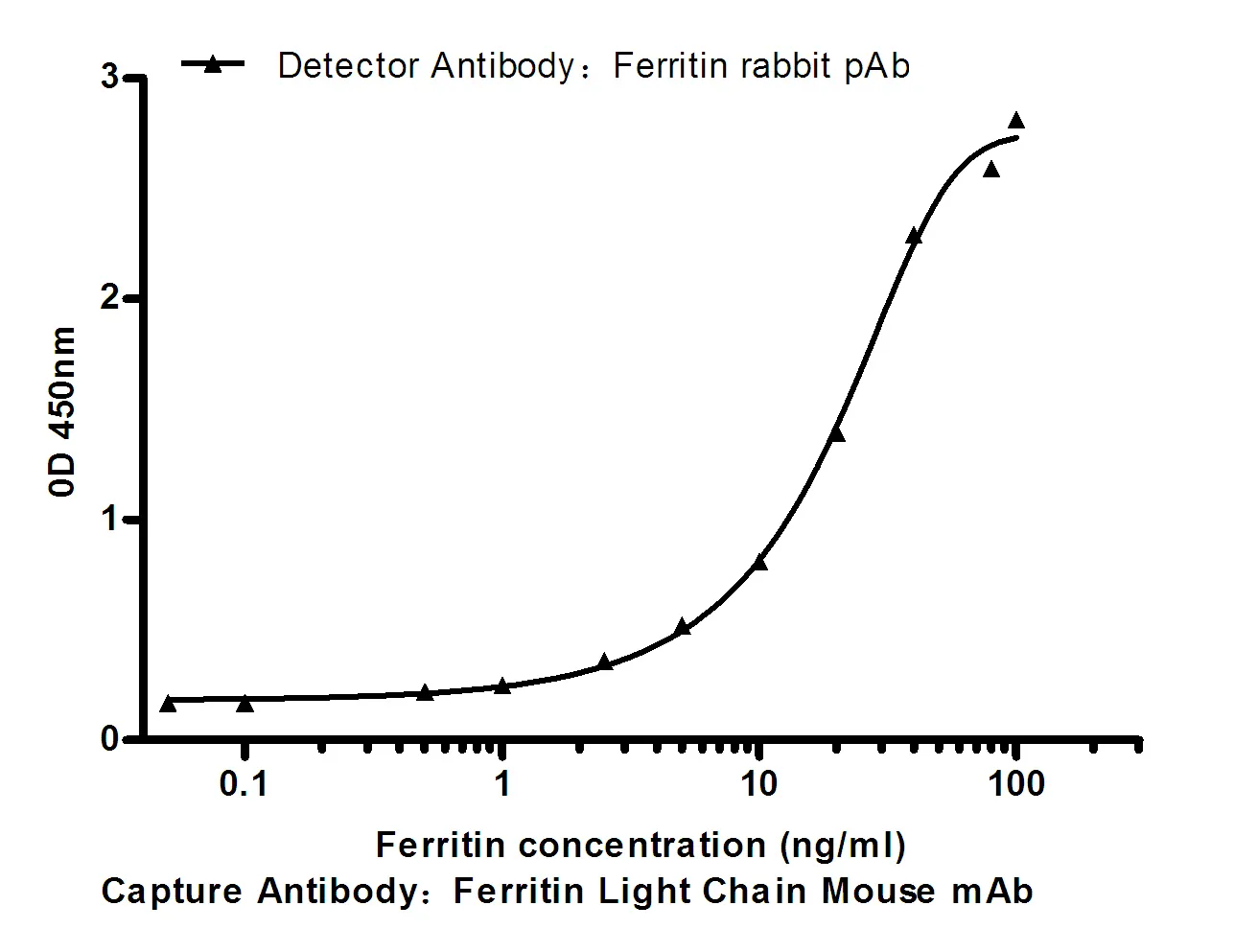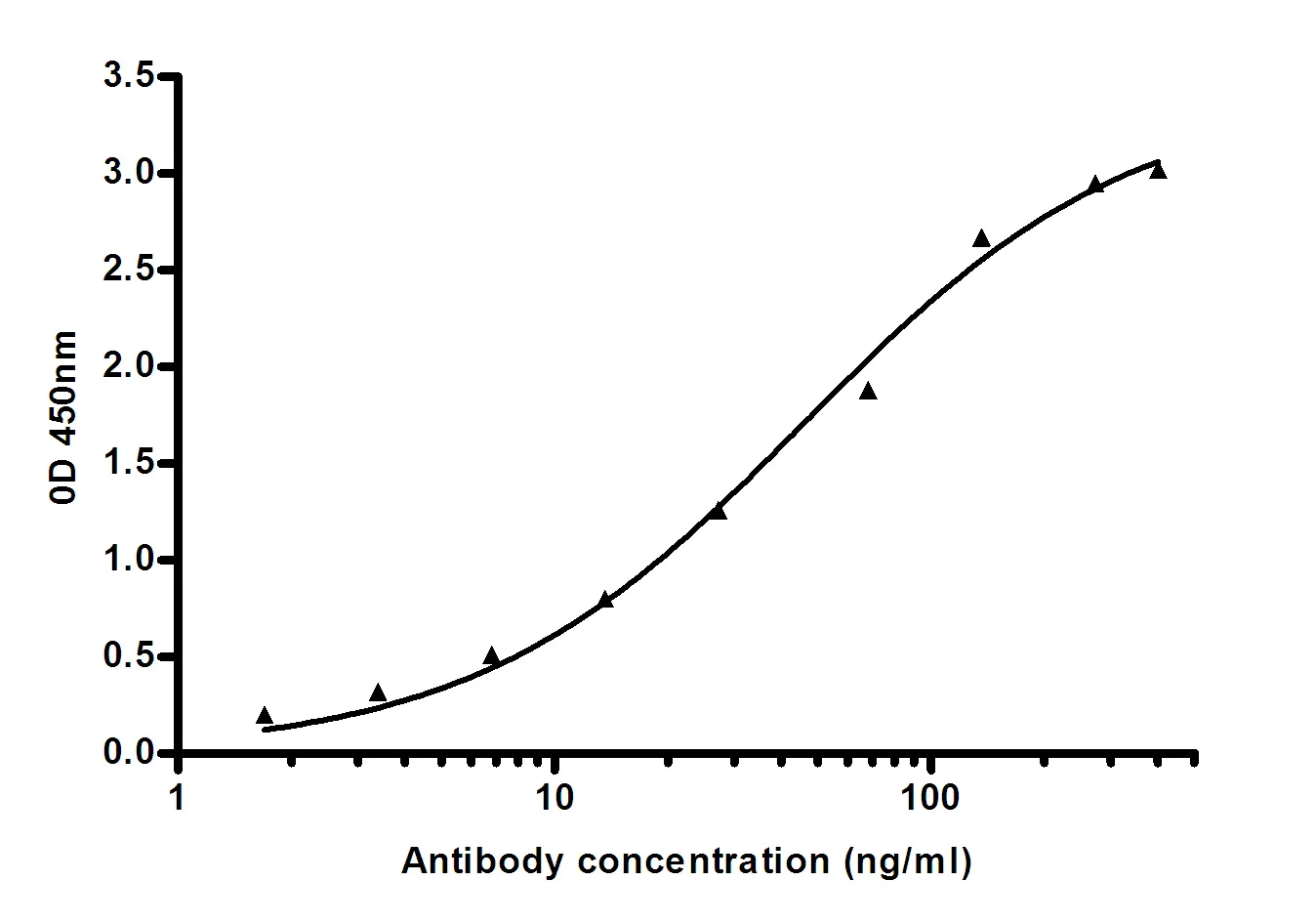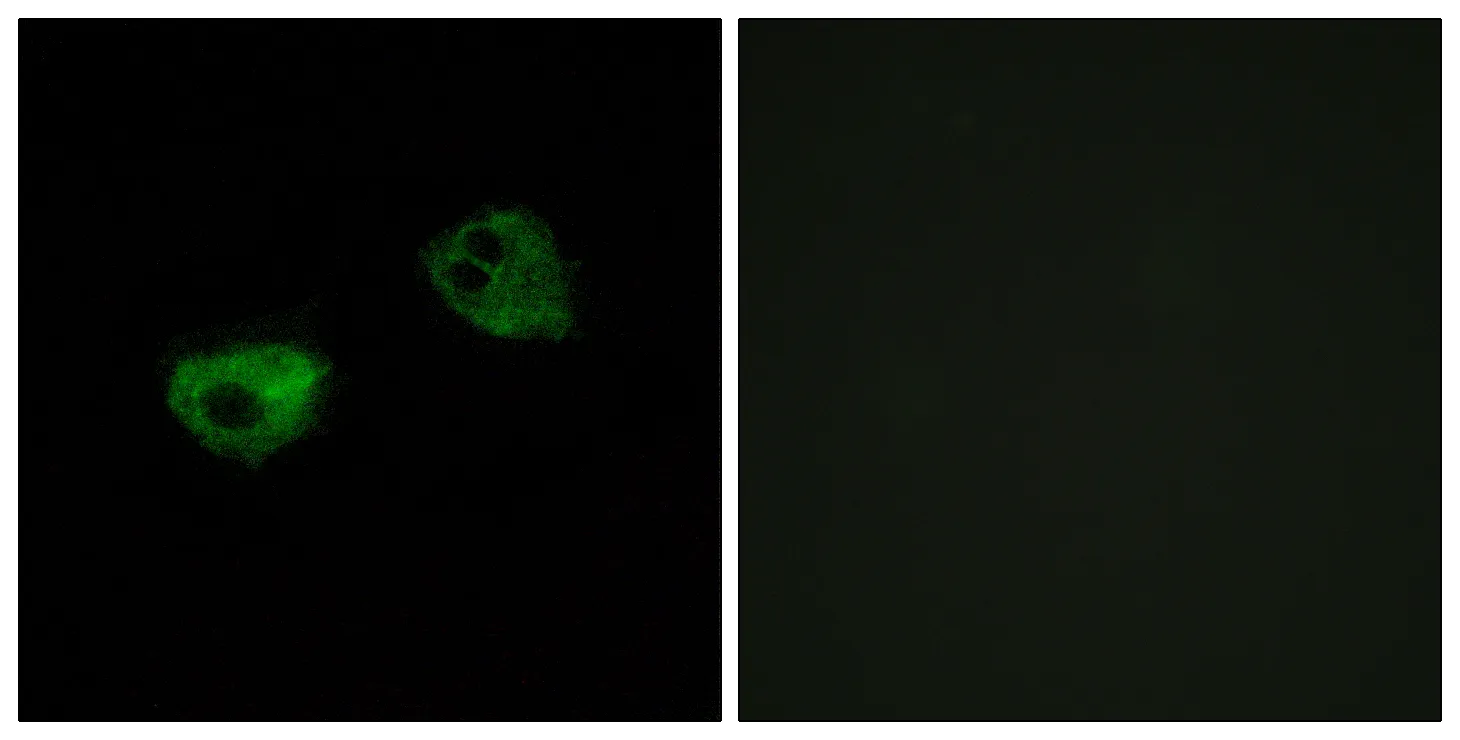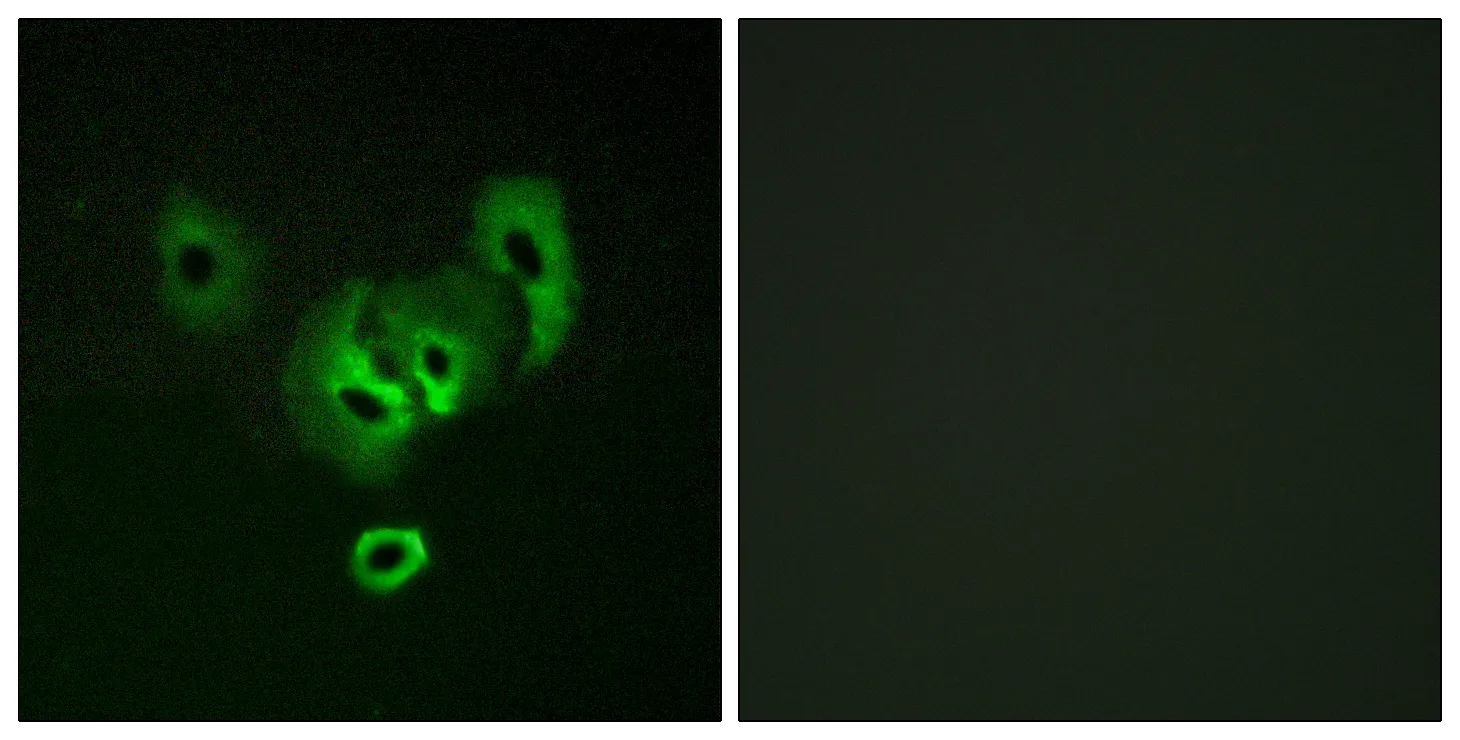Summary
Performance
Immunogen
Application
Background
function:Required for the binding of mRNA to ribosomes. Functions in close association with EIF4-F and EIF4-A. Binds near the 5'-terminal cap of mRNA in presence of EIF-4F and ATP. Promotes the ATPase activity and the ATP-dependent RNA unwinding activity of both EIF4-A and EIF4-F.,similarity:Contains 1 RRM (RNA recognition motif) domain.,subunit:Self-associates and interacts with EIF3 p170 subunit.,function:Required for the binding of mRNA to ribosomes. Functions in close association with EIF4-F and EIF4-A. Binds near the 5'-terminal cap of mRNA in presence of EIF-4F and ATP. Promotes the ATPase activity and the ATP-dependent RNA unwinding activity of both EIF4-A and EIF4-F.,similarity:Contains 1 RRM (RNA recognition motif) domain.,subunit:Self-associates and interacts with EIF3 p170 subunit.,
Research Area
mTOR;




